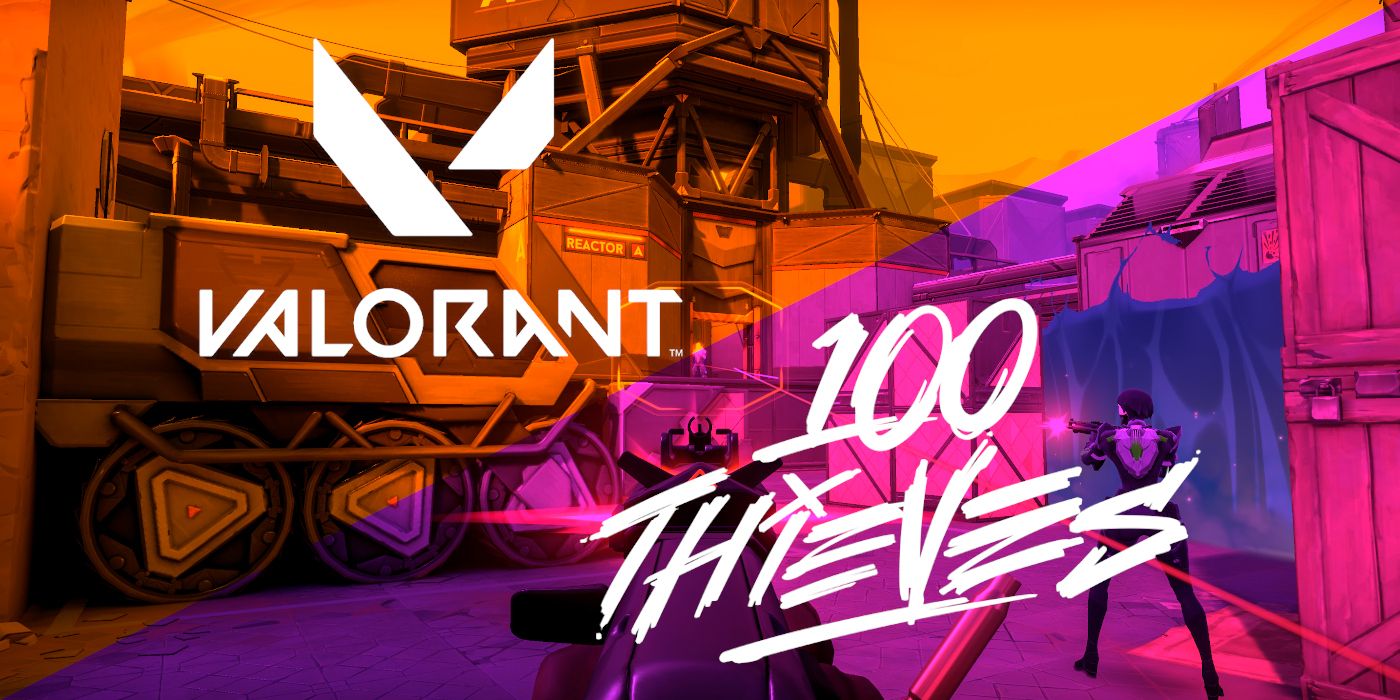Drama rapidly unfolded between esports streamer Nadeshot and Valorant developer Riot Games, but the studio has since responded and put the controversy to rest about as quickly as it started. Valorant is Riot's next big project since Teamfight Tactics and League of Legends, and the class-based FPS's upcoming beta has global esports rivals kicking up dust over who gets their hands on the game first.
In early March, Riot Games unveiled Valorant, prompting attentive ears in the League of Legends community to perk up at the prospect of the controversial studio having a potential competitive scene hit on its hands. Esports athletes and streamers have been clamoring to be among the first to hone their mastery of the new game's mechanics ahead of its April 7 closed beta. Pros and Riot devotees will flock to the new hotness no matter what, but it remains to be seen if Valorant (a competitive class-based hero FPS with stylized art direction and obligatory character lore) will sponge off a sizable enough portion of the Overwatch audience that it clearly craves in order to keep its head above water after launch.
In what amounts to a misunderstanding between Riot Games and its professional gaming partners, the controversy kicked off when 100 Thieves's Matthew "Nadeshot" Haag was told by Riot that he couldn't stream footage of Valorant on April 7. As cataloged by a Rod Breslau tweet, this appeared to be an effort on the developer's part to reduce the likelihood of teams like 100 Thieves gaining an unfair scouting advantage over those in regions where the beta releases later. Haag speculated that Riot's hand was forced by international League of Legends esports teams over the developer's long-perceived preference toward North American players, saying that he was "pissed" at Riot's request that he not stream until the following day, April 8.
Fortunately, critical clarification by Riot Games' Christopher Tom has contradicted the worst of Haag's assumptions. In a Twitter thread, Tom reiterated a statement made by Riot esports business strategist Kasra Jafroodi, who did confirm suspicions that Riot's goals was to "ensure all esport orgs around the world received access to the game at the same time" in order to avoid giving any team a "competitive advantage," presumably in terms of mechanics as well as scouting. However, Tom's own statement best justifies Riot's delay order to streamers as it pertained to potential conflicts of interest, having said:
"I made the request that said orgs should NOT stream V on day 1 because I didn't want to conflate business interests with friendly outreach. Especially for orgs with influencer/entertainment arms in addition to esports: what's to stop them from taking their allocated invites & flipping it to their content creators over interested pros? Hence the request: please hold off streaming if you were invited via our esports outreach, because the GOAL of said outreach was/is different from our online bootcamp outreach with FPS partners/content creators/folks we hope would be stewards of the community. I'll be honest @Nadeshot, you occupy a weird slot and unfortunately were forced to be in one camp of outreach despite being in both. Sorry!"
Although Riot Games' products and past legal controversies have the potent ability to bring out the most toxic in most parties involved, it's refreshing to see this hatchet buried between Nadeshot and the studio with such transparency and speed. Of course, Valorant's projected summer release window and imminent closed beta are sure to bring with them all-new outrage and sleights, so fans should just enjoy this one while they can.
Source: Rod Breslau via Twitter, Christopher Tom via Twitter

